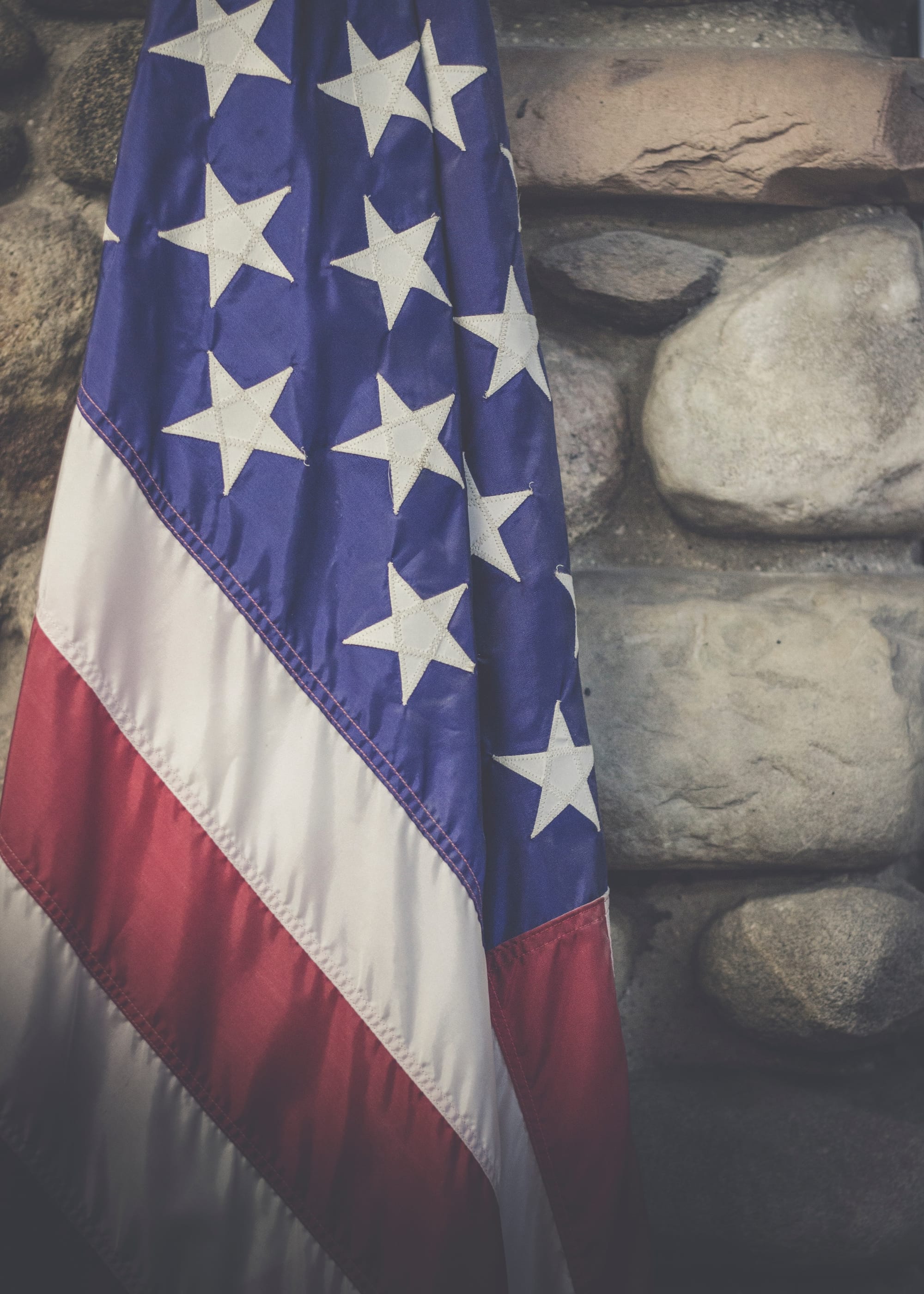Government Assistance

Medicaid: Medicaid is a joint federal and state program that provides health coverage for low-income individuals and families. Medicaid programs typically include coverage for substance abuse treatment services, including detoxification, outpatient counseling, and residential treatment.
State Substance Abuse Agencies: Each state has a designated substance abuse agency that oversees addiction treatment and prevention services. These agencies often provide information, referrals, and funding for treatment programs. Contacting the specific agency in your state can help you access local resources and services.
State and Local Treatment Assistance Programs: Many states and local communities have programs that provide financial assistance or scholarships for individuals who cannot afford addiction treatment. These programs may be offered through state or local health departments, non-profit organizations, or community-based initiatives.
Ryan White HIV/AIDS Program: The Ryan White HIV/AIDS Program provides funding for medical and support services for individuals living with HIV/AIDS. The program includes substance abuse counseling and treatment as part of comprehensive care for eligible individuals.
Veterans Affairs (VA) Substance Use Disorder Treatment Programs: The VA provides a range of substance use disorder treatment services for eligible veterans, including detoxification, residential treatment, outpatient programs, and counseling services.
Substance Abuse and Mental Health Services Administration (SAMHSA): SAMHSA, an agency under the U.S. Department of Health and Human Services, works to reduce the impact of substance abuse and mental illness on individuals, families, and communities. SAMHSA funds and supports a range of prevention, treatment, and recovery programs, including grants to states, community-based organizations, and treatment facilities.
National Drug Control Strategy: The White House Office of National Drug Control Policy (ONDCP) develops and implements the National Drug Control Strategy. This strategy focuses on prevention, treatment, recovery support, and law enforcement efforts to address drug problems. It emphasizes evidence-based practices and collaboration among various stakeholders to reduce drug use and its consequences.
Drug-Free Communities (DFC) Program: The DFC Program, administered by the ONDCP, provides grants to community coalitions to prevent substance abuse among youth. These coalitions work to create and sustain community-level change by implementing evidence-based prevention strategies and fostering collaboration among local organizations, schools, and law enforcement agencies.
Drug Courts: Drug courts are specialized court programs that aim to address substance abuse and related criminal behaviors. These courts offer an alternative to traditional criminal justice approaches by focusing on treatment, rehabilitation, and support services rather than incarceration. Drug courts combine judicial supervision, treatment, and regular drug testing to help individuals overcome substance abuse and reduce recidivism.
Prescription Drug Monitoring Programs (PDMPs): PDMPs are state-level databases that track the prescribing and dispensing of controlled substances, such as opioids. These programs help identify potential misuse or diversion of prescription drugs, allowing healthcare providers to make informed decisions and intervene when necessary.
Additionally, state and local governments also play a significant role in implementing programs and policies to address substance abuse within their jurisdictions.If you or someone you know is struggling with substance abuse, it is recommended to seek help from healthcare professionals, substance abuse treatment providers, or helplines such as the SAMHSA National Helpline at 1-800-662-HELP (4357) for information and referrals to local resources.